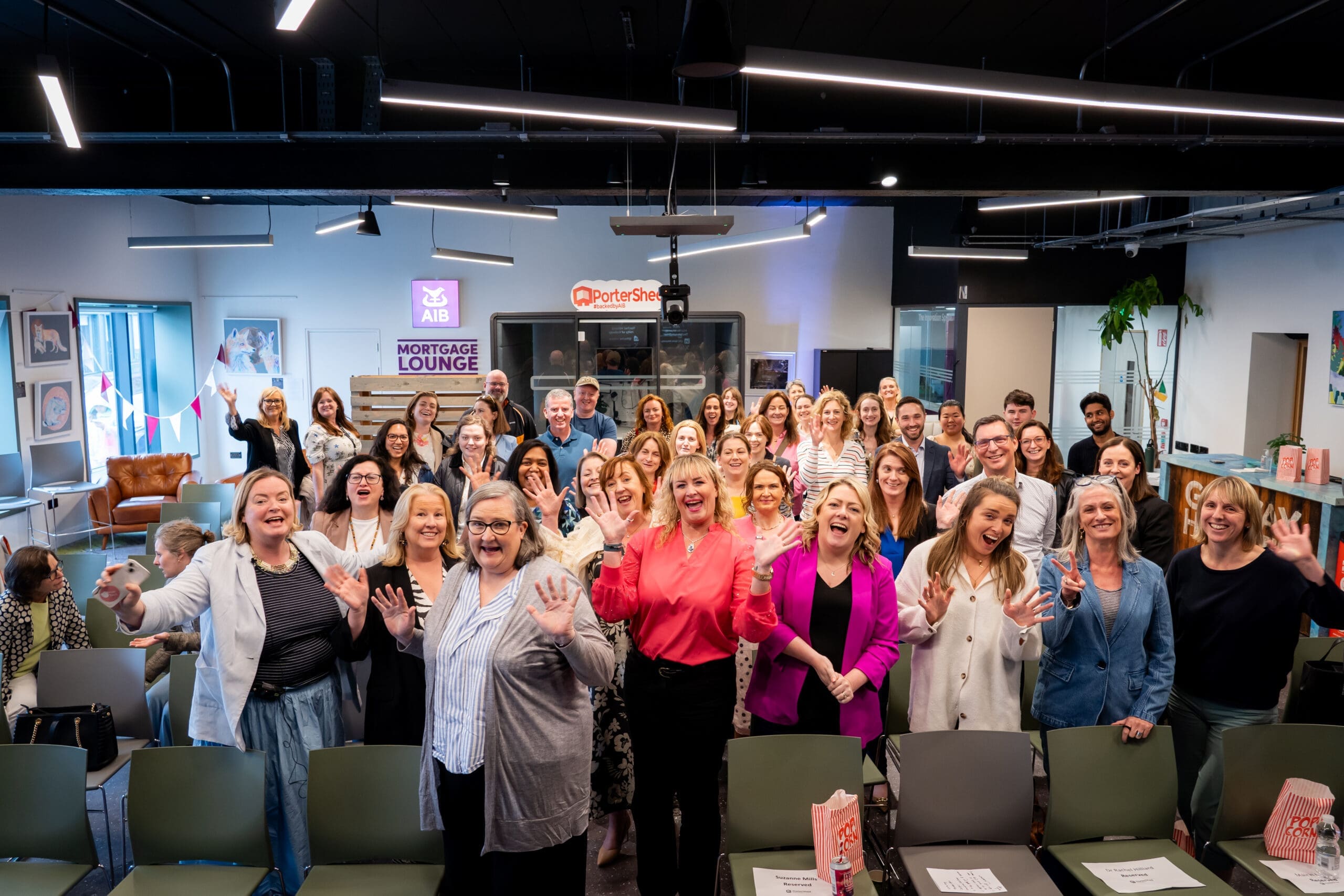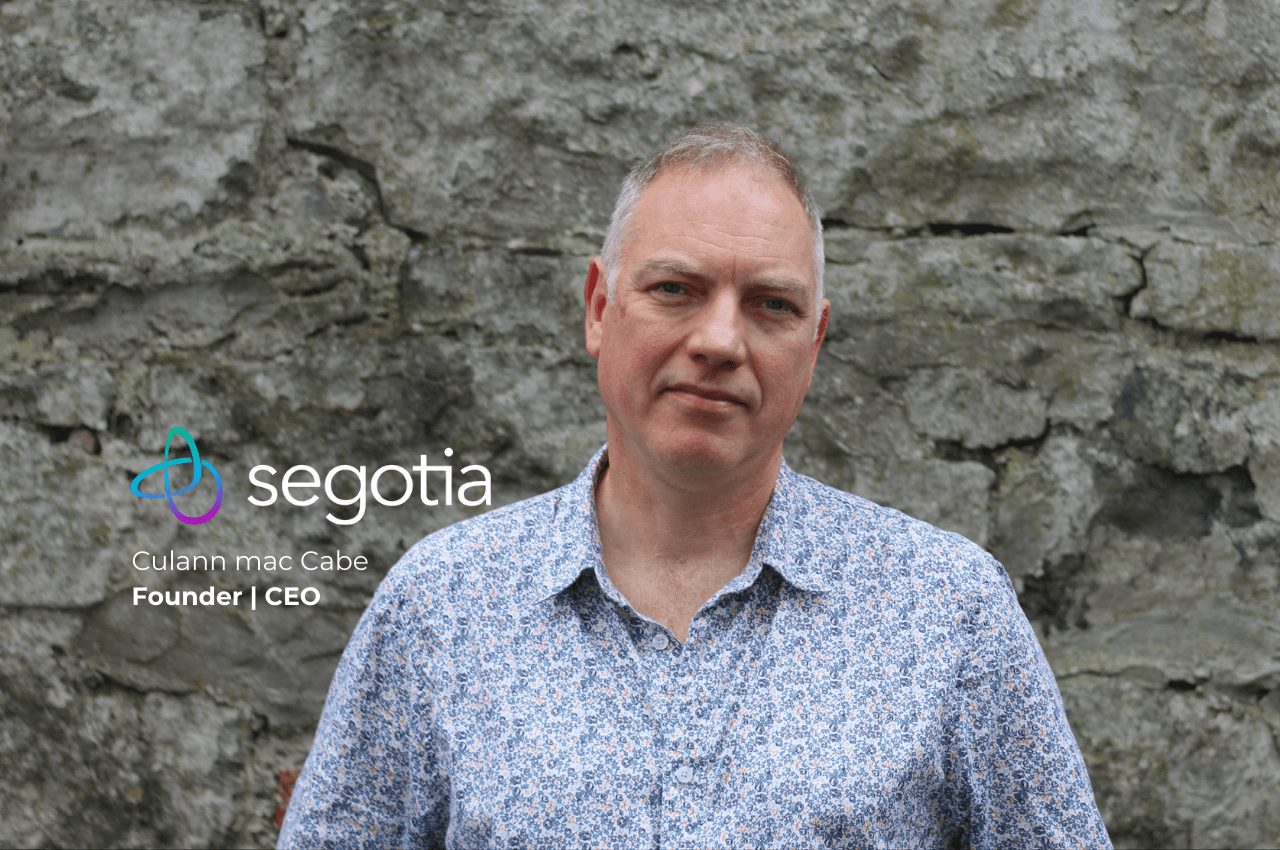VC Talk
Once, the venture business was a closed shop. It was hard to get information from VCs about their investments, their decision-making processes, even the returns on their portfolios. These were financial wizards who could turn technology into gold. And weren’t about to reveal what was behind the curtain.
Starting in the 90s, a handful of economists, most notably Paul Gompers and Steven Kaplan, began to research the business of venture capital. They opened valuable windows on the process, the proceeds, and just how VCs did at the end of their 10-year funds (discovering, in the process, that survival bias played a big part in the story). Based on this groundbreaking work, academics, economists, and investors alike have been able to assess – and more important, advance – the business and its approach to investment and economic growth. At the same time, hedge fund managers stepped forward, becoming the next generation of financial ‘wizards’ (with preferential rules about disclosure and taxes, the hedgies still hide comfortably in the hedges).
In recent years, venture has begun a democratization process, or a more mature phase of development. What was a principally white, male bastion has seen an influx of young people looking to open investing to a broader range of founders, a broader scope of companies and business models, and new ideas about the VC model. And these young people are talking more openly, and using social media – the lingua franca of the era – to discuss, to preview, to share, and to plan. I spend an increasing amount of time on meetups like Diffuse.vc and StartupClub. I’m impressed by what Mary McKenna has done with Awaken Hub here in Ireland. These are collectives that trade information, collaborate when possible, provide support, and open doors.
Gale Wilkinson, who I’ve mentioned in the past, reminded me of just how much this new generation is changing the business. Gale is interested in the future of work and learning. She wants to find ways to facilitate startup investment by non-credited persons (a US term that means everyday people, not just the well-heeled). Gale runs her own regular roundtables, and reports on the meetings to a growing audience of new-generation founders and investors. If I’ve piqued your interest, follow her at @galeforceVC on Twitter.
Last week she reported on a meet-up where the discussion focused on equity payouts to key startup employees – the kind of information that used to spark lots of debate and reveal regional and cultural differences. Here’s Gale’s summary tweet from the session, which gave me a great deal of satisfaction:
Rules of 👍 for option grants to non-founders at seed stage:
🔸2-3% head of eng / CTO *
🔸1-2% head of mktg, sales, prod, ops **
🔸.5-1% other key hires
🔸<.25% everyone else
ALWAYS – 4 year vesting w/ 1 year cliff.
* I prefer 2% outright & another 1-2% based on company milestones being hit
** Most seed startups don’t need all (or any) of these roles hired at this stage
Remember – you can always give more options at later rounds to key people. Don’t give away too much at the onset.
Ten years ago, it wasn’t easy to get this type of clear, market-based intelligence. Today, there are lots of VCs willing to share, disagree, support each other – as well as support startups from around the world. These VCs know that the business continues to be more competitive and more challenging, good deals involve going far beyond one’s own city or county, and communication efficiency (also fostered by the realities of Covid) takes a lot of sand out of the gears. It’s no longer sufficient to say that VC money in Ireland is tight. More than ever before, it’s an international market that’s easy to access. A market propelled by young people who have made it THEIR business.
Get to know them, the doors are wide open.
Have a good week. Let me know if you have thoughts.


Bob Rosenberg
Educator (Associate Professor) / Entrepreneur / Leader of angel
communities /Entrepreneur in residence at PorterShed
and BioExcel Rarosenberg@gmail.com


